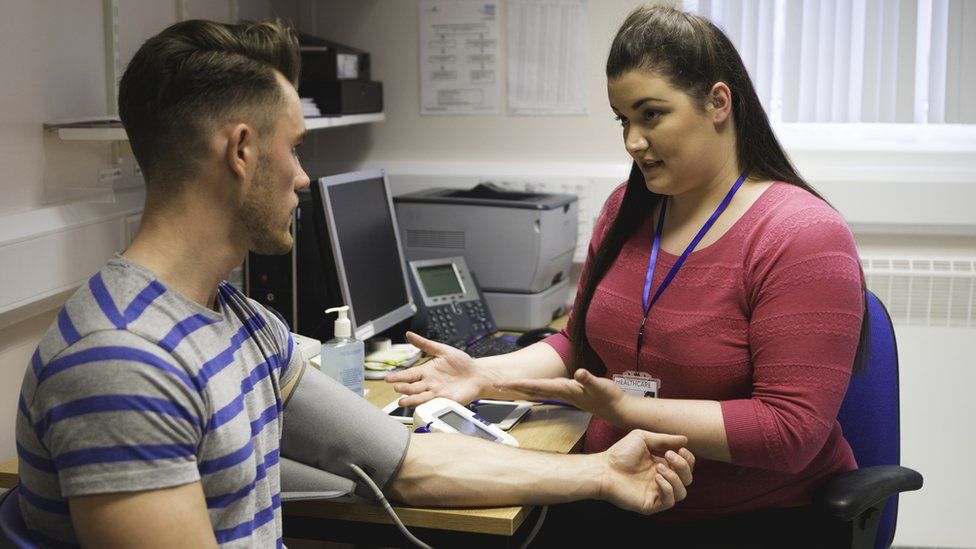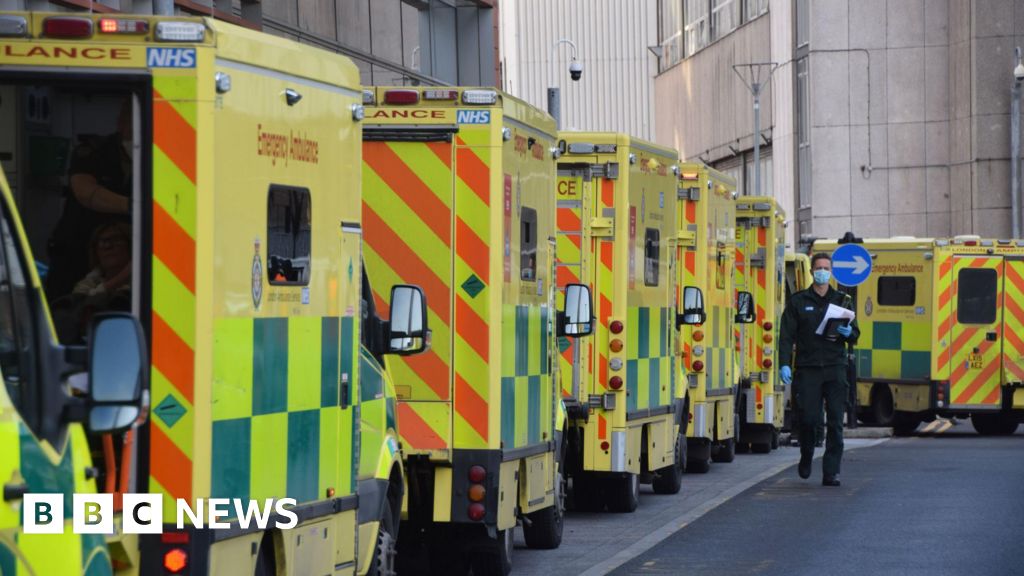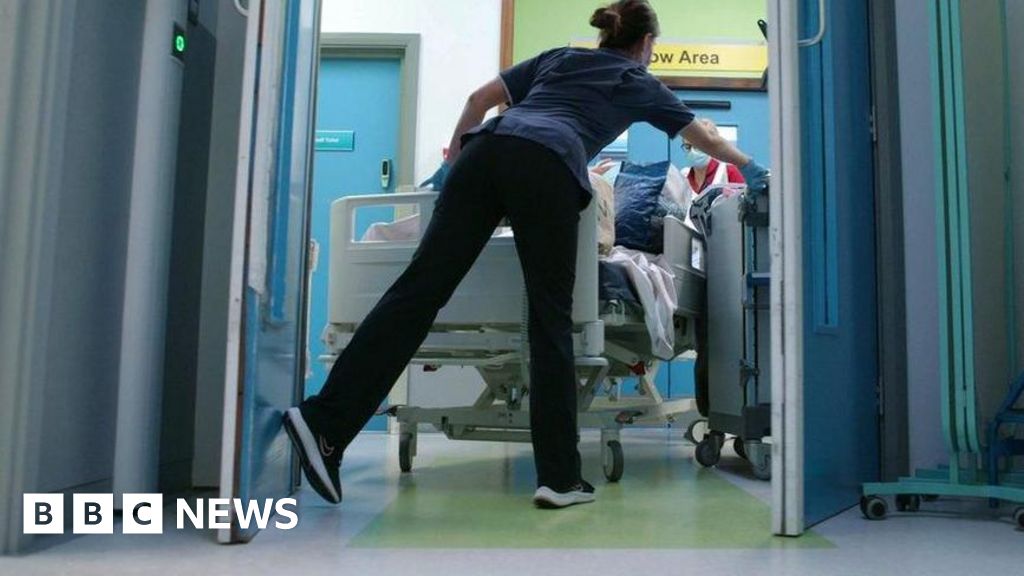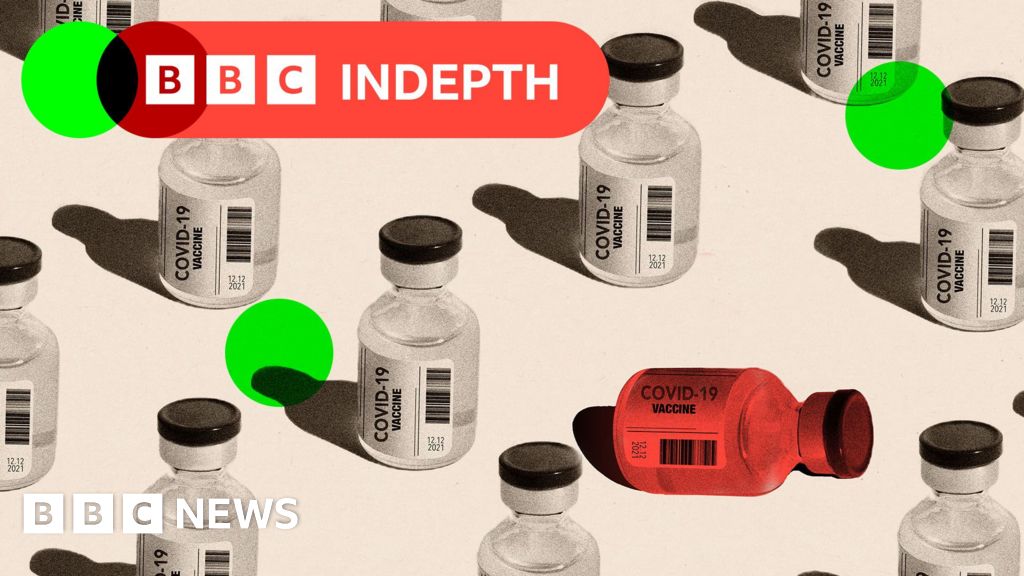ARTICLE AD BOX
 Image source, Getty Images
Image source, Getty Images
The BMA is worried patients will not know if they have been seen by a doctor or a less-qualified PA
By Aurelia Foster
Health reporter
The House of Lords is being urged to throw out plans for non-doctor associate roles to be licensed by the same body as doctors.
Under a planned new law, physician associates (PAs) will be regulated by the General Medical Council (GMC).
The British Medical Association (BMA) believes this could lead to patients confusing the different roles, which it says could have "tragic consequences".
The Department of Health and Social Care has been approached for comment.
There are about 3,200 PAs working in GP surgeries and hospitals in England, with 10,000 more planned in the next decade or so.
They were introduced to help doctors with their work - examining and diagnosing patients and discussing treatments with them - although PAs are currently unregulated.
Unlike doctors, they do not have to hold a medical degree, but they usually have a degree in a life science and have to undertake a two-year training course.
Physician associates 'not doctors'
The BMA, the union representing doctors in the UK, believes that regulation by the GMC could lead to a "blurring of the lines" between PAs and doctors.
In an open letter to the House of Lords ahead of a debate on Monday, the BMA's chairman Prof Phil Banfield said: "PAs are not doctors. They do not hold a medical degree and are not medically trained, despite misleading statements made by some.
"We know that patients are already confused about telling the difference between PAs and doctors, and this legislation will make this problem worse.
"Keeping the GMC as the regulator exclusively of doctors would mean we retain the clear distinction between doctors and PAs."
The BMA believes PAs should instead be licensed by the Health and Care Professions Council (HCPC), which regulates other medical professionals such as paramedics and radiographers. Like the GMC, the HCPC's function is to set standards, assure quality and investigate complaints.
Under the same order, anaesthesia associates (AAs) working in the NHS would also come under the regulation of the GMC. AAs help anaesthetists, and should be supervised.
An NHS spokesperson said: "Physician associates play an important role in supporting the NHS to provide high-quality care for patients, but this should always be with appropriate supervision and within the scope of their practice."
Related Internet Links
The BBC is not responsible for the content of external sites.

 10 months ago
28
10 months ago
28








 English (US) ·
English (US) ·